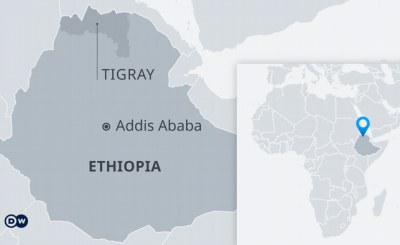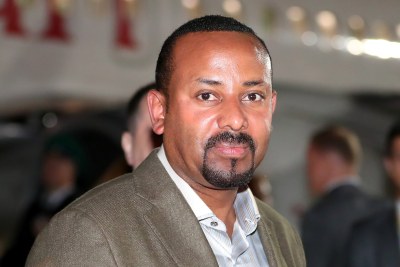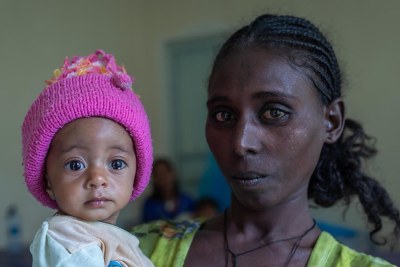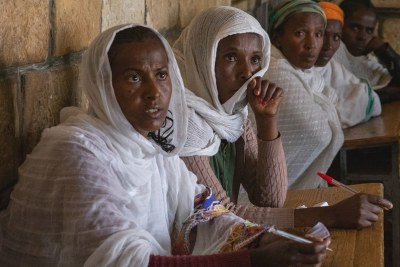-
Ethiopia: New Tigray Offensive in Ethiopia As UN Calls for Government Troop Withdrawal
RFI, 13 July 2021
Tigrayan forces say they have launched a new offensive in northern Ethiopia, two weeks after the federal government declared a unilateral ceasefire, while the United Nations calls… Read more »
-
Ethiopia: Tigrayans in Ethiopia Fear Ethnic Cleansing
African Arguments, 12 July 2021
As hate speech and targeting of Tigrayans escalates in Addis Ababa, many are terrified and some are planning to flee. Read more »
-
Ethiopia: Rights Commission Closely Monitoring the Situation of Arrested Journalists
Addis Standard, 12 July 2021
The Ethiopian Human Rights Commission (EHRC) issued a statement discussing the arrest of Awlo and Ethio-Forum journalists and staff members and urging authorities to follow due… Read more »
-
Ethiopia: It's Woe After War - Bloody Tigray Conflict Forces Austerity on Abiy's Administration
East African, 10 July 2021
Ethiopia plans to restructure a $1 billion debt as the government grapples with ways of freeing up funds to support economic recovery in the midst of a devastating conflict in the… Read more »
Hate Speech, Targeting of Tigrayans Escalate in Ethiopia
Despite Ethiopian Prime Minister Abiy Ahmed withdrawing federal troops from Mekelle and declaring a unilateral ceasefire on 28 June, Tigray has remained under siege on all sides. Up to 900,000 people are facing famine, and humanitarian supplies are restricted due to a lack of fuel and a shutdown of telecommunications and electricity. Though Mekelle's residents embraced the temporary reprieve from war, cheering and setting alight fireworks, as Tigray regional fighters were met with hugs and kisses. Tigrayans living elsewhere in Ethiopia, fear becoming "The Next Rwanda". Hate speech and targeting of Tigrayans is escalating in Addis Ababa, are terrifying some who are planning to flee.
Since November 2020, Tigrayans in Ethiopian cities, especially the capital Addis Ababa, have been arrested by the thousands, had bank accounts temporarily frozen, been purged from their jobs, and had businesses shut down. Tigrayans, a minority ethnic group who make up about 6% of the Ethiopian population, have also been prevented from travelling abroad.
Now, Tigrayan residents in Addis Ababa say that racial profiling has escalated to an alarming degree since the Tigray People's Liberation Front regained ground, with many Tigrayans too fearful to leave their homes. Mass arrests have resumed, along with scores of Tigrayan businesses being forcibly closed by Ethiopian authorities, writes Jaclynn Ashly for African Arguments.
InFocus
-
Ethiopia's ruling Prosperity Party has been declared the winner of June's national election in a landslide, assuring a second five-year term for Prime Minister Abiy Ahmed. Read more »
-
With humanitarian suffering escalating in the Tigray region of Ethiopia, the UN Security Council held a long-delayed open meeting on the crisis Friday. The session adjourned after ... Read more »
-
The devastating civil war in Ethiopia's Tigray region took a stunning turn on June 28, 2021, the International Crisis Group says. Eight months after Prime Minister Abiy Ahmed Read more »

The UN and human rights groups have warned that seven months of fighting has hampered food security in Tigray, with a real risk of famine (file photo).






